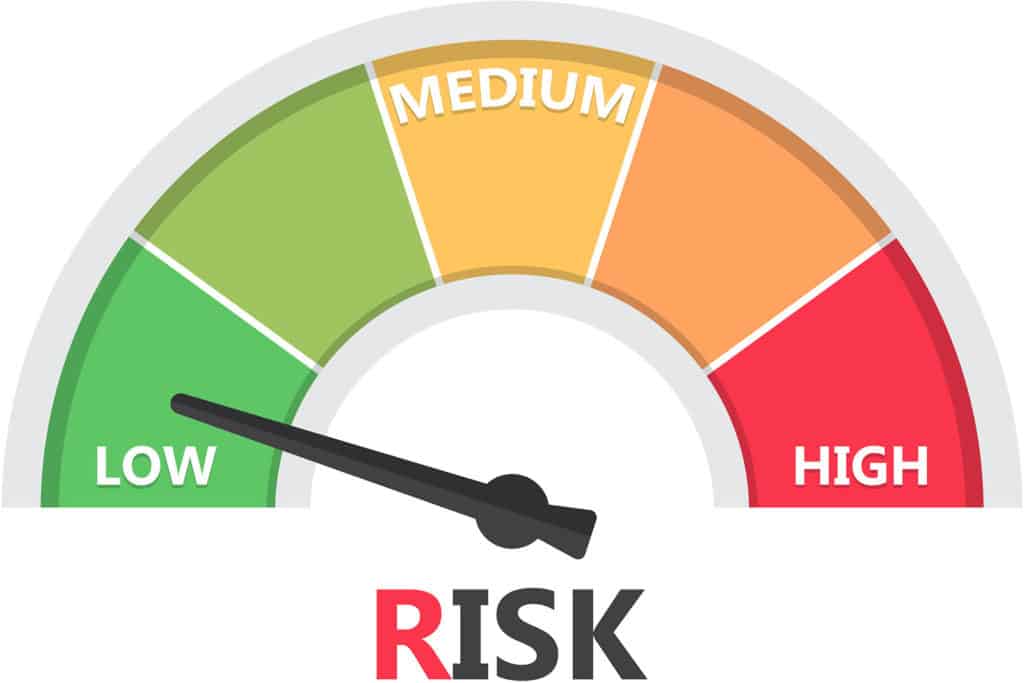I’m sure you have heard of thermal remediation vendors who loudly tout the fact that they offer a remediation performance guarantee. These performance guarantees often cost between 15 and 30% of the project price. In today’s blog post, I’ll cover some of the important things to consider when evaluating whether a performance guarantee is necessary and worth the added premium.
Most, if not all, thermal remediation contracts include very specific provisions for what work the thermal vendor is signing up for and what performance metrics the site and project must achieve for successful remediation and for the vendor to be paid. These metrics typically include achieving soil and/or water concentration goals within the area/volume designated for treatment. The metrics may also include achieving specific temperatures, the operational run time of the heating and treatment systems, and completing the project within a specified duration. These contractual project commitments, or guarantees, are a basic tenet of performing thermal remediation work.

So, is an additional remediation performance guarantee and the associated premium worth it?
Risks at sites can be addressed in two ways:
1. Employing a more conservative design, and
2. Adding contingency for operating longer than expected and for other unforeseen costs.
Both of these factors will increase the price of the project, but often the total cost is far less than a performance guarantee premium. Importantly, these approaches overtly identify the challenges associated with a site and incorporate specific means to address them with a specific associated cost. This is fundamentally different than paying for a performance guarantee and betting on whether the vendor has appropriately addressed the challenges and included specific measures to ensure meeting project objectives on time.
At the end of the day, all the thermal vendors provide performance guarantees to some extent, in as much as all remediation projects are performed under a specified scope of work with remedial goals, and a signed contract. And all contracts have limitations of risks and provisions for change of conditions if actual site conditions are not as designed for (e.g., significantly more COC mass and/or additional COCs, or substantial COC mass on the outside of the treatment zone).

Even thermal vendors who offer remediation performance guarantees do not wave their rights to equitable adjustments in contract price if there is a demonstrable change in condition. This means that even if you paid for a performance guarantee, the thermal vendor may seek an increase in contract value if they feel they have any grounds whatsoever to stand on for claiming a change in conditions. At the very least, even if they do not have a clear case for a change of condition they will make a claim for an increase, with the objective of negotiating a settlement. With this in mind, it is very important to read all contract documents; including the: contract, scope of work, proposal, assumptions, exceptions, and performance guarantee terms, carefully and with an eye for special provisions that may open the door for a claimed change of condition and adjustment to contract price.
Your project is important to you and successful completion is a positive outcome for all stakeholders. Unfortunately, sometimes there is a difference in how vendors view contract provisions. Some see them as negotiable and submit low bids with minimal designs believing they can make up the difference with change orders. Therefore, it is important to find and select a vendor that takes your project specifications and contractual obligations seriously and prepares their estimates and designs with every intention of delivering on every commitment they sign up for in every contract.
Contact me and let’s chat about how we can support you in meeting your remediation challenge with confidence and peace of mind.
09.03.21
John LaChance
John LaChance is the Vice President of Development at TerraTherm. In his 30+ year career in the remediation industry, he has worked on a range of project sites, including chemical manufacturing plants, gas stations, oil refineries, railroads, former MGP sites,...


